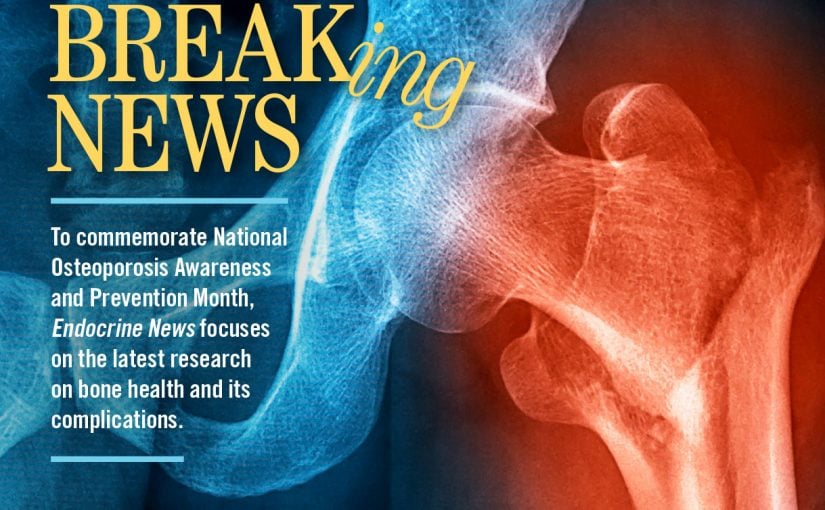It took weeks of intense, protracted negotiation, but just days before Christmas, House and Senate leaders finally clinched an agreement to send a massive end-of-year legislative package, including $900 billion in coronavirus relief, a $1.4 trillion spending bill to fund all federal agencies until the end of September 2021, and extension of the Special Diabetes Program through 2023 to President Donald Trump’s desk.
Democrats and Republicans struggled for months to reach agreement on a new round of coronavirus relief that both sides said was long overdue. But they differed greatly on how big an aid package should be and what it should contain. House Democrats last spring sought as much as $3.4 trillion in new aid, while Senate Republicans offered about $500 billion. But a path toward compromise was cleared when a bipartisan group of House and Senate lawmakers proposed a $908-billion package just before the holidays in December.
The deal on surprise billing yielded $18 billion in savings for the federal government, creating the opportunity to fund the extension of several health programs due to expire, including the Special Diabetes Program (SDP), which the Endocrine Society led advocacy to support.
The coronavirus stimulus package provides much-needed aid for small businesses, schools, and unemployed Americans. The deal includes $600 checks for certain individuals; $9 billion for vaccine distribution; $20 billion for Biomedical Advance Research Defense Authority (BARDA); $3 billion for the Strategic National Stockpile; $22 billion to states for testing and contact tracing; $4.5 billion for mental health programs; and $1 billion to the National Institutes of Health (NIH) to support research on COVID-19.
Also included in the overall legislative package is legislation to end surprise medical billing that was opposed by the American Medical Association and health insurance community. The deal on surprise billing yielded $18 billion in savings for the federal government, creating the opportunity to fund the extension of several health programs due to expire, including the Special Diabetes Program (SDP), which the Endocrine Society led advocacy to support.
The passage of this end-of-year legislative package is a victory for the Endocrine Society’s advocacy for research funding and the SDP. We advocated throughout the year for increased funding for the NIH, a long-term extension of the SDP, and COVID relief. This included: Hill Days, meetings with congressional staff and members of Congress, letters to Congress, congressional testimony, educational congressional briefings, letters to the editor, and multiple online grassroots campaigns. We hope our members see our advocacy made a difference and thank all those who took action.
Following congressional passage of the legislation, President Trump created turmoil by announcing that he was not going to sign the bill into law because he had concerns with a number of “extraneous” provisions and wanted to increase the amount of relief for individuals to $2000. Consequently, for several days over Christmas it was not clear if the government would shut down or the fate of the legislation. Ultimately, he did support the legislation.

